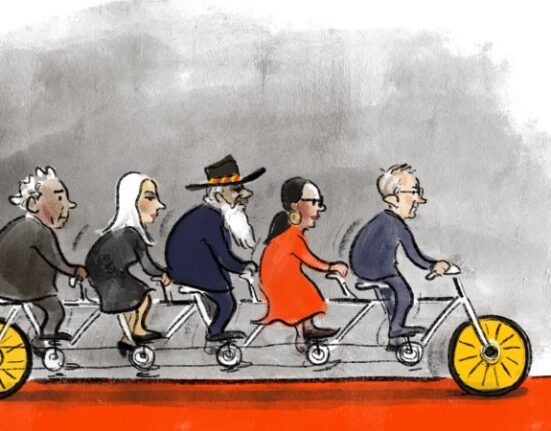To delve into the significance of coercive control being recognized as a criminal offense in Queensland, it is crucial to understand what this term encompasses. Coercive control refers to a pattern of behavior where one individual exerts power and control over another through tactics such as isolation, manipulation, intimidation, and surveillance. Unlike physical violence, coercive control operates in subtler ways, making it challenging to identify and address. Victims of coercive control often find themselves trapped in a web of fear and dependency, with their abuser using various tactics to maintain dominance and undermine their autonomy.
The decision to criminalize coercive control reflects a growing recognition of the lasting impact of psychological abuse within relationships. While physical violence may leave visible scars, the effects of coercive control can be equally devastating, causing profound emotional and psychological harm. By acknowledging coercive control as a criminal offense, lawmakers are sending a clear message that all forms of abuse, whether overt or covert, will not be tolerated in society. This legislative change not only holds perpetrators accountable for their actions but also empowers victims to seek help and break free from abusive relationships.
As discussions around coercive control gain momentum, it is essential to consider the perspectives of survivors, advocates, and experts in the field of domestic violence. Survivors of coercive control often recount harrowing experiences of living in constant fear, walking on eggshells to avoid triggering their abuser, and struggling to maintain a sense of self-worth in the face of relentless manipulation. For many survivors, the criminalization of coercive control represents a validation of their experiences and a step towards justice and healing.
Advocates working in the field of domestic violence prevention and support have long highlighted the insidious nature of coercive control and its pervasive impact on individuals and families. By criminalizing coercive control, these advocates hope to raise awareness about this form of abuse, encourage early intervention and support for victims, and challenge societal attitudes that minimize or overlook emotional abuse. Moreover, experts emphasize the need for robust legal frameworks, community resources, and education programs to address the root causes of coercive control and prevent its recurrence.
Beyond the individual stories and experiences shared within communities, the criminalization of coercive control in Queensland holds broader implications for the way society addresses domestic abuse and interpersonal dynamics. By recognizing coercive control as a criminal offense, the legal system is taking a proactive stance in preventing cycles of abuse and holding perpetrators accountable for their actions. This shift also underscores the importance of fostering healthy relationships built on respect, communication, and equality, challenging traditional notions of power and control within intimate partnerships.
In conclusion, the decision to make coercive control a criminal offense in Queensland represents a significant milestone in the ongoing fight against domestic abuse and intimate partner violence. By shining a spotlight on the often-hidden dynamics of psychological manipulation and emotional abuse, this legislative change sends a powerful message that all forms of abuse will be met with zero tolerance. As communities continue to grapple with the complexities of coercive control, it is essential to provide support, resources, and education to empower individuals to recognize, report, and ultimately break free from abusive relationships. By coming together to address the root causes of coercive control and foster a culture of respect and empowerment, we can create a safer and more equitable society for all.









Leave feedback about this